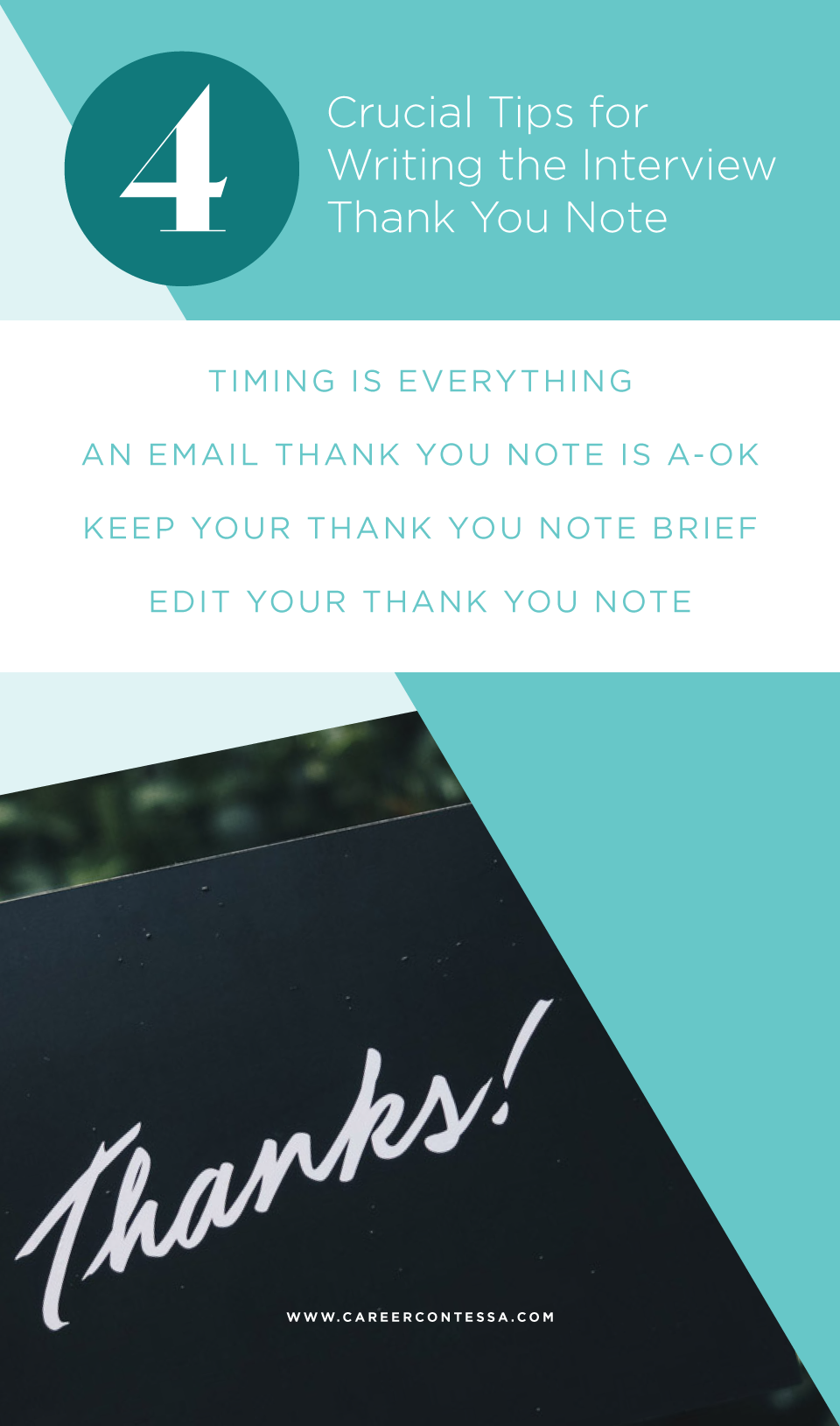#CareerAdvice – #JobInterview – How to Answer #InterviewQuestions to make #HiringManagers like You…By the Time you Reach the Interview Phase, your Prospective #Employer already Knows a Lot About you. They Know your Previous Experience. What they Don’t Know is Whether they Want to Work with You.
After you interview for a position, you may obsess over whether you gave the interviewer the “right” answers to the questions. But rather than worrying about what you said, you might want to spend more time thinking about how you say it.
By the time you reach the interview phase, your prospective employer already knows a lot about you. They know your previous experience. They might even have recommendations that attest to your knowledge, skills, abilities, and effectiveness. They know enough about you to think that you are a good match to the position they are filling.
What they don’t know is whether they want to work with you.
That means that a lot of what your interviewer is evaluating is whether they think you will fit into the organization and people will enjoy having you around. They are trying to envision what it will be like to have you as a part of the community.
Related: These 5 interview questions reveal the most about job candidates
There are several things you can do to make them think more favorably about you.
LEAN IN — LITERALLY
You want to leave an impression that you are going to be an interested, upbeat, and engaged person to work with. That means you want your interviewer to feel good about the interaction with you.
A great way to help that along is to take advantage of the natural coordination that happens when you talk with someone else. You automatically tune yourself to what a conversation partner is doing when you converse. You match how fast they are talking. You match the pitch of their voice. You mirror their gestures. You take on their level of energy.
At your interview, lean in. Literally. Lean forward. Talk with energy. Smile. Not only does this posture convey your interest to the interviewer, it will cause your interviewer to mirror your movements. That will increase your interviewer’s enthusiasm for you when the interview is over.
Related: Be careful about answering these 5 job interview questions
BE QUICK
Lots of research suggests that fast thinking makes people feel good. That is why listening to fast music is a positive experience. It is why people often enjoy the last stages of solving a problem when the ideas are flowing. And it is why people enjoy a really good conversation.
At your interview, try to keep the conversation moving along. Prepare your responses to typical interview questions so that you have vocabulary at your disposal to talk about your qualifications, interests, and goals. That way, you can respond quickly to the questions you are asked. Those fast responses will make your interviewer feel positively about you.
Like this Article ? Share It ! You now can easily enjoy/follow/share Today our Award Winning Articles/Blogs with Now Over 2.5 Million Growing Participates Worldwide in our various Social Media formats below:
FSC LinkedIn Network: www.linkedin.com/in/fscnetwork
Facebook: http://www.facebook.com/pages/First-Sun-Consulting-LLC-Outplacement-Services/213542315355343?sk=wall
Google+: https://plus.google.com/115673713231115398101/posts?hl=en
Twitter: Follow us @ firstsunllc
Question: Want the ‘the best/current articles/blogs on the web’ on Job Search, Resume, Advancing/Changing your Career, or simply Managing People?
Answer: Simply go to our FSC Career Blog below & type(#career, #leadership, #life) in Blog Search: https://www.firstsun.com/fsc-career-blog/
What Skill Sets do You have to be ‘Sharpened’ ?
Continue of article:
BE POSITIVE
The word you want on your interviewer’s mind at the end of the conversation is “yes.” And that means that you want to make it as easy for your interviewer to be thinking about good things rather than bad ones.
Related: Here’s how you can prepare for these common interview questions
The best way to do that is to focus on positive elements throughout your interview. Find reasons why you can do things rather than not do them. If you interviewer asks you about problems you have encountered, find ways to turn those problems into benefits and focus on good outcomes and what you have learned.
Research on mood and memory suggests that it is easier for people to remember information that is consistent with their current mood. If you stay focused on the positive throughout your interview, you make it easy for your interviewer to think about the positive elements of your interview than the negative ones.
Obviously, throughout your interview, you also want to actually answer the specific questions you are asked. You certainly don’t want to be seen as someone who is not paying attention or won’t answer a question. But, to the extent that you can also convey how nice it would be to have you as a colleague, you will increase the chance that the next question you are asked is “When can you start?”
FastCompany.com | 9.17.18












